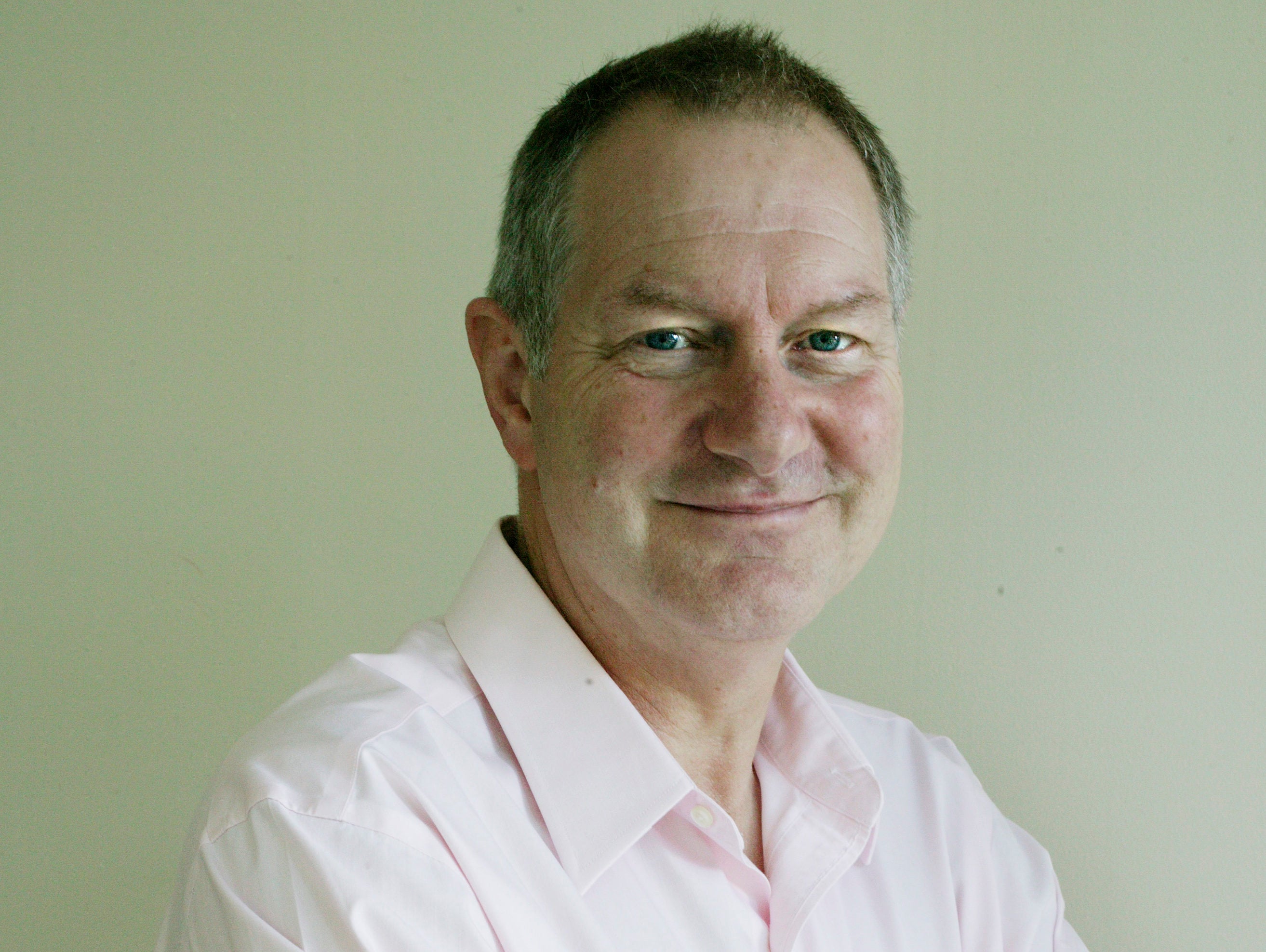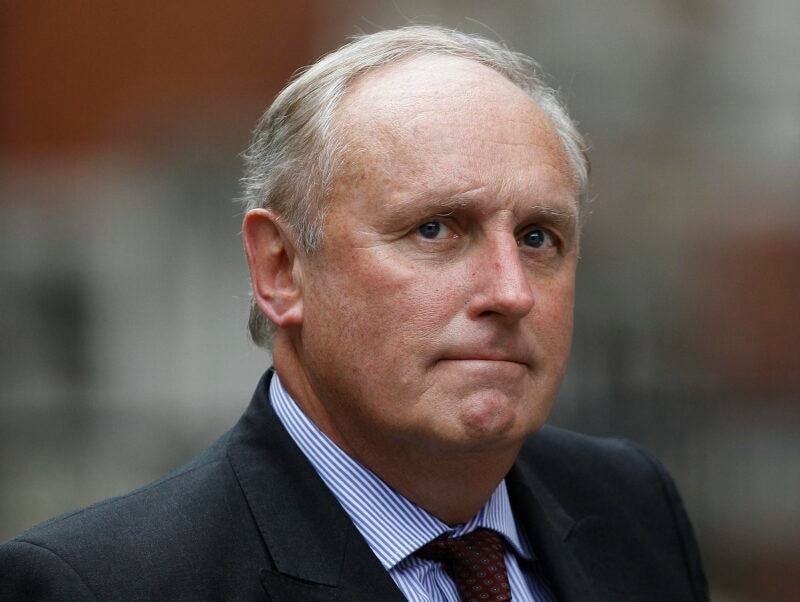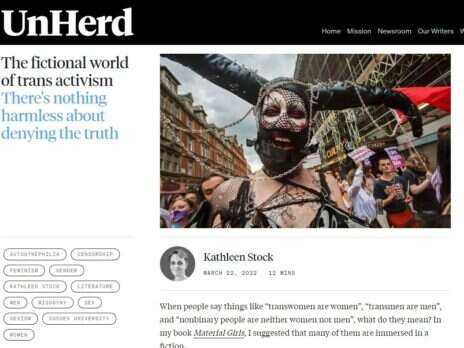
Journalists are the “thinnest skinned people in the world” but also “inveterate gossips” according to Roy Greenslade, who steps down this month after more than ten years writing a daily media blog for The Guardian.
Before blogging, Greenslade wrote a weekly column for The Guardian (starting in 1992) back in the days when all the broadsheets had media sections. Today, only The Guardian continues to cover the media (and the newspaper industry in particular) in any depth, and as Greenslade’s departure shows, even its coverage is on the wane.
Speaking to the Press Gazette –Journalism Matters podcast, Greenslade said: “It’s a natural end and comes as I pass my 70th birthday.
“It comes at an interesting time for all journalism, particular at The Guardian where resources are stretched and it ill behoves somebody who spends their days recording the difficulties facing journalism to hang on when you can see your own employer is in trouble. “
He plans to continue to write a monthly column for the Guardian newspaper and contribute analysis on an ad-hoc basis, but he says: “As for the daily blog, which has been an absolute pleasure, that is the end.”
The Greenslade blog was the brainchild of former Guardian editor Alan Rusbridger who wanted to create a British version of Jim Romenesko, who blogged about journalism matters in the US.
He was given complete independence and allowed to self-publish as many stories a day as he wished. When it began the focus was on quick-fire aggregation, but as the blog has gone on he has tried to do at least one more in-depth piece a day.
Greenslade has also tried to record all the journalists killed in the course of their work abroad (at least one a week throughout the last decade).
He says he has done this because “our journalists, however much they might complain about press freedom, face no threats to their lives”.
Asked about the challenge of reporting on journalists, he says: “Right back to 1992 I found that journalists, editors and owners are the thinnest skinned people in the world. Some of them issue legal threats and I think to myself how disgraceful that they should reach for libel laws which then they complain about being an inhibition to their own freedom.
“I haven’t had any writs over the ten years, there have been threats of writs and some big complaints from Ireland.”
But the upside of reporting on journalists is, he says, that they are “inveterate gossips and they can’t help, even those you offend, coming back with hints, tips and gossip about somebody else”.
Who have been the worst complainers?
“Most complaints early on came from Mail Online because I was constantly writing about what I thought was basically theft, but [publisher] Martin Clarke has really cleaned up the act on that front.

Daily Mail editor-in-chief Paul Dacre. Picture: Reuters
“In the past, some years ago now, I’ve had interesting phone calls from [Daily Mail editor] Paul Dacre (pictured above). I’ve had what we call the double c-word on occasion, but most of the time I think it rolls over him as well.
“I don’t get many complaints except when I make errors, and you can’t help but make errors on occasion.”
But he said that compared to his time as assistant editor on The Sun “these have been minor matters”.
What about the online commenters?
“Early on I realised I could spend an awful lot of time answering that, when I extended to Twitter I got some extraordinarily abusive messages – particularly when I’ve touched on coverage of football in Scotland, of all the comments I’ve had, those have been the worst because they’ve really been very rude indeed.
“I took it as a policy matter to not engage with those who are very rude.”
But he adds: “The fascinating thing about opening up a forum like a blog is most of the time these people are arguing with each other.”
He says the most common insult he gets is that he is a “dinosaur” but adds: “Most of the time it is acceptable, if you believe in freedom of expression you’ve got to let people have it.”
One criticism of Greenslade is that while he has minutely covered successive rounds of redundancies at rival titles like the Telegraph, he has not covered the problems faced by Guardian Media Group.
He says: “I’ve never written about GMG, I took it that would be a very foolish thing to be doing, I don’t think any other organisation would have given me the freedom I have had without interference. I’ve never had a call or complaint from Alan Rusbridger or [current editor] Katharine Viner about what I am writing.
“People complain that I’m not writing about the Guardian losses, but I’m not going to. I don’t know what I would say. I am delighted that at least one newspaper in Britain is run by a trust.”
Asked what he thinks about the decline in national newspaper media coverage since the 1990s, he says: “It’s very sad that’s happened. When The Times dropped it [its media column], it showed how impossible it was to write about Rupert Murdoch’s organisation, which sets in train so much that happens in Britain, from within the Rupert Murdoch organisation.
“Brian MacArthur [media columnist] told me if he ever wrote a single word about The Sun he would immediately get complaints from the top. That’s just not feasible…
“Holding each other to account was always a great idea, I thought. What we have seen is the rise of new media and the decline of old media commentators. It’s unfortunate because I think the media is so powerful that we in the media are the only ones that can hold media to account. That’s why I regret there’s not more analysis and more commenting.”
Greenslade still has a big stake in the future of journalism, as a lecturer at City University.
Asked how he sees the future of the industry, he says: “There is a big change in the expectation of students and a big change in what they are going to do in the future. The old ways of moving on have all changed. I say to my post grad students every year it is the best of times and it is the worst of times.
“The best of times because there are amazingly unlimited, unknowable opportunities. The worst of times because if you think you are coming into this to get a career in print journalism or even in broadcasting it isn’t going to be the way it was. There is no job for life and no certainty that print newspapers are going to be around.”
He believes that at last two nationals newspapers will close in the next five years, and cites the Express and Star as possible candidates.
He says: “I like [Daily Express editor] Hugh Whittow, I worked with him on the Daily Star, he is an absolutely lovely man but he produces a completely useless kind of newspaper. It’s irrelevant politically, it carries no kind of weight.
“It just splashes on house prices and the weather day after day.”
Despite the rise of new media, the closure of more national newspapers worries Greenslade. Why?
“Because right now those newspapers, ailing as they are, are still holding the national conversation day after day, setting the political and social agenda and having power, having influence.
“What happens when they go to the wall. We are left with a couple of newspapers? That gives too much power to the owners and editors of those newspapers and it also means that people are let down.
“Because right now no blog anywhere, no start-up, none of those funny little titles acting for local communities and think that they can be regulated by Impress, none of them are setting the agenda and none of those are holding power to account.
“What worries me is a journalism in the future which is not carrying out the mission which in my lifetime has been their main job.”
Picture: Sean Smith for The Guardian
Email pged@pressgazette.co.uk to point out mistakes, provide story tips or send in a letter for publication on our "Letters Page" blog






